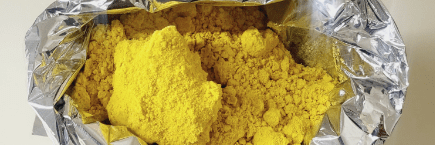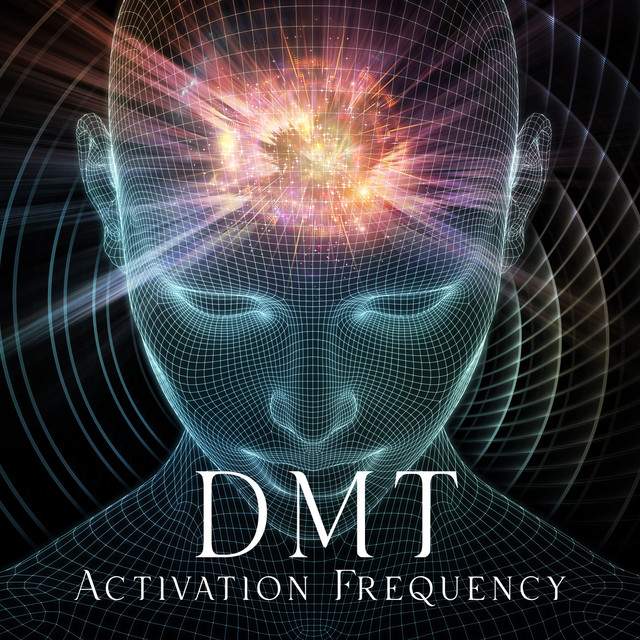Stigma of Psychedelics: It’s Not a Shame to Become a Better Person
Psychedelics, for decades, have been shrouded in controversy and stigma. The mere mention of substances like psilocybin, LSD, or ayahuasca often evokes fear, judgment, and misunderstanding. Yet, as modern research continues to uncover their therapeutic potential, it becomes clear that these substances have more to offer than their tarnished reputation suggests. Overcoming the stigma around psychedelics is not just about understanding the science—it’s about embracing the possibility of becoming a better version of ourselves.
What Fuels the Stigma Around Psychedelics?
The stigma surrounding psychedelics stems from a combination of historical, cultural, and political factors. These include:
1. Historical Misinformation
During the mid-20th century, psychedelics were closely associated with counterculture movements. Governments, fearing the political and social changes these movements brought, launched anti-drug campaigns that painted psychedelics as dangerous and mind-destroying.
2. Association with Abuse
While psychedelics have profound effects on consciousness, their misuse or overuse led to unfortunate incidents, reinforcing negative stereotypes about their users.
3. Lack of Education
Many people still associate psychedelics with recreational use rather than as tools for healing or self-discovery. The lack of widespread education perpetuates fear and misunderstanding.
The Therapeutic Potential of Psychedelics
Despite the stigma, scientific research has revealed that psychedelics, when used responsibly, can have transformative effects on mental health and well-being.
1. Treating Mental Health Conditions
Studies show that psychedelics like psilocybin and MDMA can help treat depression, PTSD, anxiety, and addiction. By facilitating deep emotional processing, these substances allow individuals to confront and resolve underlying trauma.
2. Enhancing Creativity and Insight
Psychedelics are often credited with unlocking creativity and providing profound personal insights. They help users view their problems and challenges from a new perspective, fostering personal growth.
3. Fostering Connection and Empathy
Many users report feelings of interconnectedness, empathy, and compassion after psychedelic experiences. These effects can improve relationships and help individuals feel more connected to the world around them.
Overcoming the Shame Around Psychedelics
Breaking the stigma around psychedelics starts with challenging our own beliefs and embracing the evidence-based benefits they offer. Here’s how we can shift the narrative:
1. Education is Key
The first step to overcoming stigma is education. Learning about the history, science, and therapeutic potential of psychedelics helps dispel myths and misunderstandings.
2. Normalize Conversations
Talking openly about psychedelics can help reduce shame. Sharing personal experiences, discussing the benefits, and addressing misconceptions can help others understand their value.
3. Responsible Use
The stigma around psychedelics is partly fueled by irresponsible use. Following safe and ethical practices—such as proper dosing, setting intentions, and having a trusted guide—can demonstrate their positive potential.
4. Highlight Success Stories
Stories of individuals who have used psychedelics to overcome trauma, addiction, or mental health challenges can inspire others and challenge negative stereotypes.
The Path to Becoming a Better Person
Using psychedelics responsibly is not about escaping reality or seeking cheap thrills—it’s about growth, healing, and transformation. Here’s why it’s not a shame to use these tools for self-improvement:
1. Psychedelics Encourage Self-Reflection
Psychedelics force us to confront our fears, insecurities, and unresolved emotions. This process can be uncomfortable but ultimately leads to greater self-awareness and understanding.
2. They Can Heal Emotional Wounds
By accessing deeper layers of the subconscious, psychedelics allow us to process and release pain and trauma, paving the way for emotional healing.
3. They Promote Connection
Psychedelics help dissolve the ego, enabling individuals to experience a sense of unity with others and the universe. This can foster compassion and reduce feelings of isolation.
Changing the Narrative Around Psychedelics
As society becomes more accepting of mental health discussions, we have an opportunity to reframe how we view psychedelics. Rather than seeing them as dangerous or shameful, we can recognize them as powerful tools for growth and healing.
Advocacy and Policy Change
Advocating for the decriminalization and regulation of psychedelics is crucial. Legal frameworks can ensure safe access to these substances and support ongoing research.
Community Support
Creating supportive communities where people can share their experiences without judgment can help reduce the stigma around psychedelics.
Mainstream Integration
With research-backed evidence, integrating psychedelics into therapeutic and medical practices can further legitimize their benefits.
Methiopropamine (MPA): What We Know
Conclusion: It’s Time to Evolve
The stigma surrounding psychedelics is rooted in fear and misunderstanding. However, as more people experience their transformative potential, it becomes clear that these substances are not the enemy—they are tools for healing, self-discovery, and connection.
Embracing psychedelics as a means to become a better person is not a sign of weakness or shame; it’s a testament to your courage and willingness to grow. By educating ourselves, sharing our stories, and advocating for responsible use, we can pave the way for a future where psychedelics are respected and understood.

